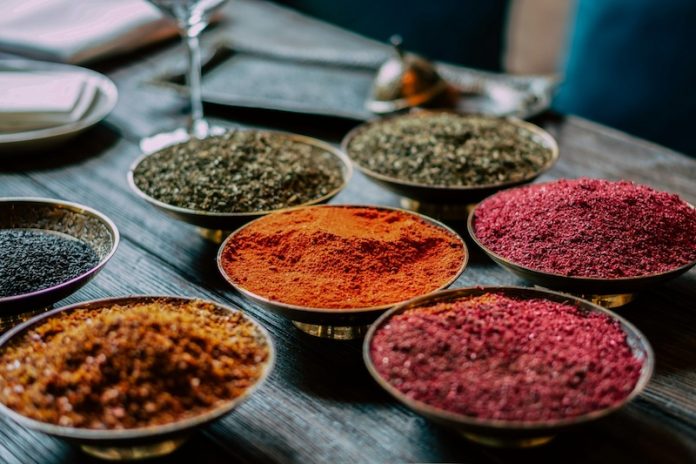
Your heart works hard every day, so taking care of it is one of the best things you can do for your health.
One way to protect your heart is by reducing inflammation, a process that can damage blood vessels and increase the risk of heart disease over time.
Fortunately, the solution might already be in your kitchen. Certain spices not only add flavor to your meals but also help fight inflammation and support heart health.
Turmeric is one of the most powerful anti-inflammatory spices, and its golden-yellow color comes from curcumin, the active ingredient responsible for its benefits.
Curcumin has been extensively studied for its ability to reduce inflammation.
Research published in Biochemical Pharmacology found that curcumin can block specific molecules in the body that trigger inflammation. This is especially important for heart health, as chronic inflammation can lead to atherosclerosis, a condition where arteries become clogged and stiff.
Adding turmeric to your diet, along with a pinch of black pepper to improve absorption, is an easy way to enjoy its benefits.
Ginger is another heart-friendly spice with anti-inflammatory properties. This zesty root contains compounds like gingerol and shogaol, which help reduce inflammation and improve circulation.
A study in The International Journal of Cardiology found that ginger can lower markers of inflammation in people at risk for heart disease.
Ginger may also help reduce cholesterol levels, which is crucial for maintaining healthy arteries. Whether you use fresh ginger in tea or ground ginger in recipes, it’s a simple addition that packs a punch.
Cinnamon is more than just a sweet and aromatic spice; it’s also a powerful anti-inflammatory agent. Research published in The Journal of Medicinal Food found that cinnamon can help lower blood sugar and cholesterol levels while reducing inflammation.
These effects are especially beneficial for people with conditions like diabetes or metabolic syndrome, which increase the risk of heart disease. Adding a sprinkle of cinnamon to your oatmeal, coffee, or smoothies can be a delicious way to support your heart.
Garlic, though not technically a spice, deserves a mention for its heart-protective properties. Garlic contains allicin, a compound known to reduce inflammation and improve blood flow.
Studies in The Journal of Nutrition show that regular consumption of garlic can lower blood pressure and reduce levels of harmful cholesterol, both of which are major risk factors for heart disease. Using fresh garlic in cooking or even taking garlic supplements can make a difference.
Chili peppers, known for their fiery heat, contain capsaicin, a compound that has been shown to reduce inflammation and improve blood vessel function.
Research in The American Journal of Clinical Nutrition suggests that chili peppers can help improve blood flow and lower the risk of plaque build-up in arteries. If you enjoy spicy foods, adding chili to your meals can bring both flavor and heart benefits.
Finally, cardamom, a fragrant spice often used in desserts and teas, has anti-inflammatory and antioxidant properties that support heart health.
A study in The Indian Journal of Biochemistry & Biophysics found that cardamom can help lower blood pressure and improve heart function in people with hypertension. Its subtle, sweet flavor makes it a versatile addition to both sweet and savory dishes.
Incorporating these spices into your daily meals is an easy and natural way to protect your heart. They not only make your food taste amazing but also provide your body with compounds that fight inflammation and improve overall cardiovascular health.
While spices alone won’t replace a healthy diet, exercise, and regular check-ups, they’re a powerful tool to keep in your wellness routine. So, go ahead and spice up your life—your heart will thank you!
If you care about heart disease, please read studies that herbal supplements could harm your heart rhythm, and how eating eggs can help reduce heart disease risk.
For more health information, please see recent studies that apple juice could benefit your heart health, and results showing yogurt may help lower the death risks in heart disease.
Copyright © 2024 Knowridge Science Report. All rights reserved.





